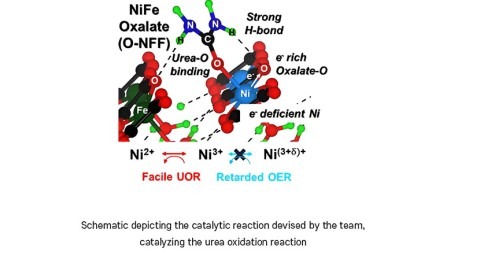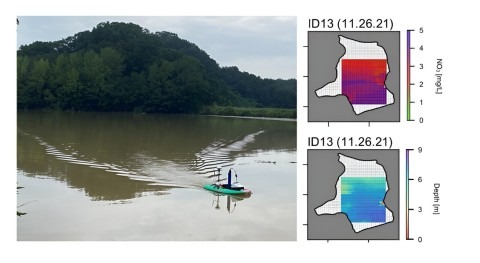A collaborative international research team led by Professor Yoo-Geun Ham from Chonnam National University and Professor Seung-Ki Min from Pohang University of Science and Technology (POSTECH) has made a discovery on the impact of global warming on global daily precipitation. Using a deep learning approach, they have unveiled a significant change in the characteristics of global daily precipitation for the first time. Their research findings were published on August 30 in the online version of Nature, the renowned academic journal, with the title “Anthropogenic Fingerprints in Daily Precipitation Revealed by Deep Learning.”
The research team devised a deep learning model to quantify the relationship between the intensity of global warming and global daily precipitation patterns. They then applied this model to data obtained from satellite-based precipitation observations. The results revealed that on more than 50% of all days, there was a clear deviation from natural variability in the daily precipitation pattern since 2015, influenced by human-induced global warming.
The results revealed that on more than 50% of all days, there was a clear deviation from natural variability in the daily precipitation pattern since 2015, influenced by human-induced global warming
In contrast to conventional studies, which primarily focus on long-term trends in monthly or annual precipitation, the researchers employed explainable artificial intelligence to demonstrate that changes in daily precipitation variations were gradually intensifying upon weather timescales. These fluctuations in rainfall at this weather time scale served as the most conspicuous indicators of global warming. The study further affirmed that the most evident changes in daily precipitation variability were observed over the sub-tropical East Pacific and mid-altitude storm track regions.
The researchers explained that traditional linear statistical methods used in previous climate change detection research had limitations in discerning non-linear reactions such as the intensified variability in daily precipitation. Deep learning, however, overcame these limitations by employing non-linear activation functions. Moreover, while previous research methods primarily investigated global precipitation change patterns due to global warming, convolutional deep learning offered a distinct advantage in effectively detecting regional change patterns resulting from global warming.

Professor Yoo-Geun Ham explained, “Intensification of day-to-day precipitation variability implies an increase in the frequency of extreme precipitation events as well as a higher occurrence of heatwaves during the summer due to extended dry spells.” Professor Seung-Ki Min added, “Given the ongoing trajectory of global warming, it is imperative to develop countermeasures as the consecutive occurrence of extreme precipitation and heatwaves are likely to become more frequent in the future.”
This study was conducted with the support from the Ministry of Environment and the National Research Foundation of Korea.









